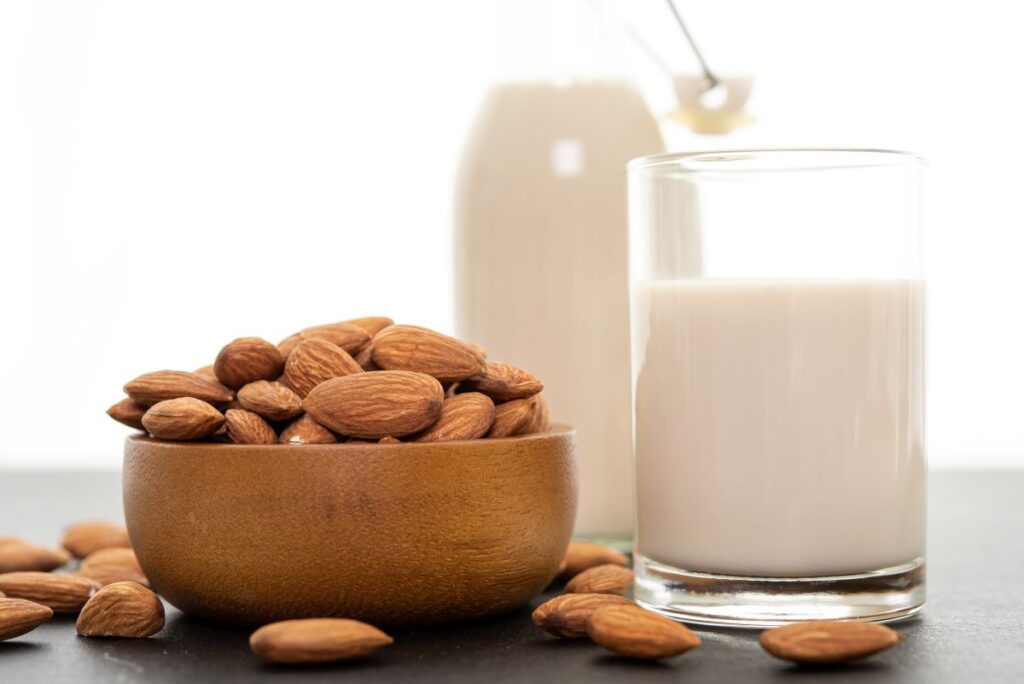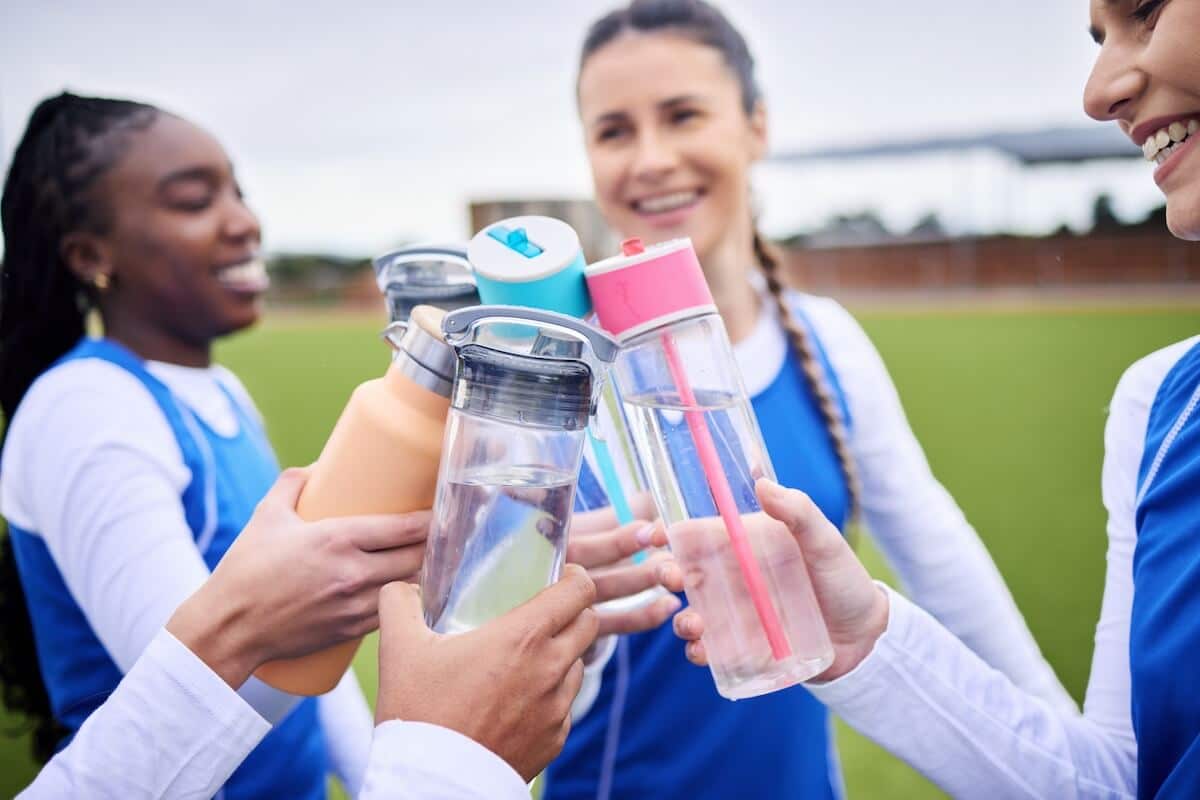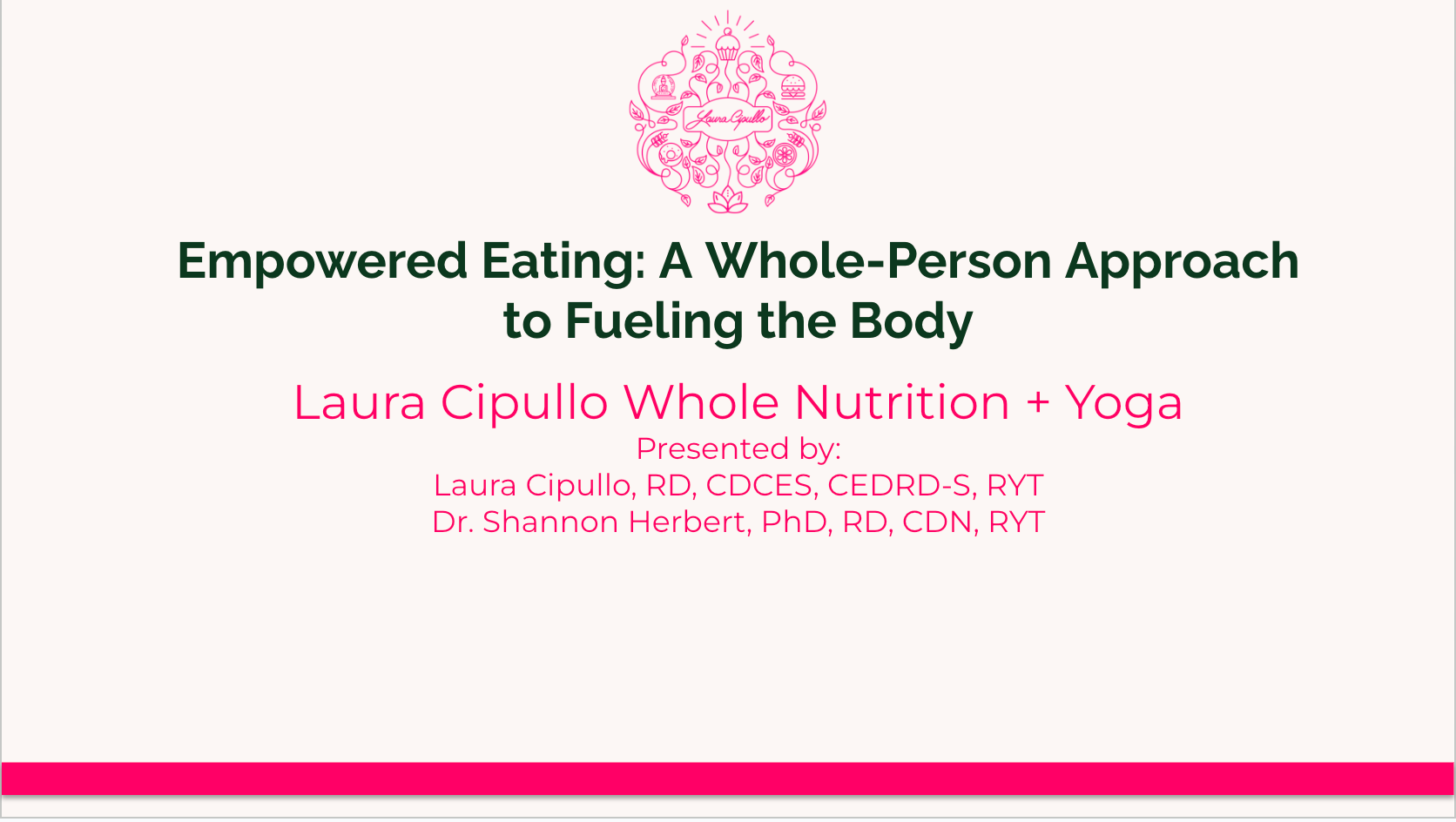Dairy-Free Calcium Sources for Kids: Brands and Products Guide

By Paige Mandel, MS RD
Has your doctor or dietitian recommended your child to explore a dairy-free diet? Are you curious if your child would benefit from adhering to a dairy-free lifestyle?
A dairy-free diet recommendation could be due to one of many reasons for both children and adults alike. In children, regular consumption of dairy may lead to exacerbated symptoms of eczema, asthma, gastrointestinal discomfort, or disrupted bowel habits. Intolerance to dairy may be caused by a cow’s milk allergy, lactose intolerance, cardiovascular and inflammatory conditions, cancer, hormonal imbalances, etc. or individuals may be inclined to avoid dairy at meals with meat due to religious dietary restrictions or ethical beliefs.
While this exploration may be both confusing and dauting at first, the dairy-free market has expanded exponentially in recent years, making the swap to dairy-free products significantly easier, and we’re here to help! A dairy-free diet simply is defined by a balanced diet with the substitution of dairy-products with calcium fortified plant based alternatives. Eating dairy is most commonly, the most effective way to include calcium in the diet. Therefore, the initial concern is often “will my child get enough calcium for their growing bones”?
What is Calcium?
Calcium is an important mineral for growing, strong bones, and also a key element to proper heart beat and muscle contraction, normal nerve conduction, blood clotting and maintaining connective tissue.
How Much Calcium Does My Child Need?
Calcium is measured in milligrams (mg), with different needs at different stages of life. The optimal source of calcium for kids is through food, yet calcium supplementation may be recommended by your child’s healthcare team, to help meet these needs if their diet is inadequate1. Additionally, Vitamin D is the nutrient that helps the body take in calcium from the foods we eat, enhancing its absorption. Therefore, both calcium and vitamin D are needed together to help support optimal bone growth in kids and teens.
The Recommended Dietary Allowances (RDAs) for Calcium and Vitamin D are suggested by life stage2,3
| Age | Calcium (mg) | Age | Vitamin D (mcg) (IU) | |
| Birth-6 months | 210mg | 0-12 months | 10 mcg (400 IU) | |
| 6 months- 1 year | 270mg | 1-13 years | 15 mcg (600 IU) | |
| 1-3 years | 500mg | 14-18 years | 15 mcg (600 IU) | |
| 4-8 years | 800mg | 19-50 years | 15 mcg (600 IU) | |
| 9-18 years | 1,300mg | 51-70 years | 15 mcg (600 IU) | |
| 19-50 years | 1,000mg | >70 years | 20 mcg (800 IU) | |
| 51-70 years | 1,200mg | |||
| 71 and older | 1,200mg | |||
| Pregnant Teens | 1,300mg | |||
| Pregnant Adults | 1,000mg |
It is also important to consider protein, carbohydrate, and fat intake in addition to the many micronutrients, vitamins and minerals of your dairy-free alternative selection.
Here is a cheat-sheet to the market of kid-friendly, plant based, dairy-free products:
| Category | Brand/Product | Protein | Calcium | Vitamin D | Fat | Carb | Kosher | Other |
| Yogurt | ||||||||
| Kite Hill Kids Yogurt Tubes
|
2g | “Good Source” | “Good Source” | 2.5g | 8g | Vitamin B12. Live Active Cultures: S. Thermophilus, L. Bulgaricus, Bifidobacteria, L. Acidophilus | ||
| Daiya Dairy Free Yogurt Alternative | 6g | 267mg | 2mcg | 8g | 12g | – | Iron (6% DV) | |
| Silk Kids Almondmilk Yogurt Alternative | 4g | 130mg | 3mcg | 6g | 12g | – | Iron (6% DV), Potassium (2% DV) | |
| So Delicious Oatmilk Yogurt | 3g | 130mg | 2mcg | 3.5g | 19g | Live and Active Cultures, Vitamin B12 | ||
| So Delicious Coconutmilk Yogurt | <1g | 260mg | 2.5mcg | 5g | 25g | |||
| Once Upon A Farm Dairy-Free Yogurt Pouch | 5g | 19mg | 0mcg | 7g | 14g | Iron (30% DV), Potassium (10% DV), Vitamin C (150% DV), Vitamin B6 (20% DV) | ||
| Follow Your Heart | 1g | 35% dv | 0 mcg | 11g | 10g | Potassium (4% DV), Magnesium(25% DV)
|
||
| Forager Project Drinkable Cashewmilk Yogurt | 3g | 23mg | 0mcg | 8g | 8g | Live Active Cultures (S. Thermophilus, L. Bulgaricus, B. Bifidum, B. Lactis, L. Acidophilus, L. Casei, L. Paracasei, L. Plantarum, L. Rhamnosus). | ||
| Forager Project Unsweetened Cashewmilk Yogurt | 3g | 2% | 0g | 7g | 9g | Live Active Cultures (S. Thermophilus, L. Bulgaricus, L. Acidophilus, Bifidus, L. Lactis, L. Plantarum) | ||
| Forager Project Greek Style Unsweetened | 7g | 2% | 0g | 10g | 9g | Live Active Cultures (S. Thermophilus, L. Bulgaricus, L. Acidophilus, Bifidus, L. Lactis, L. Plantarum) | ||
| Milk | Brand/Product | Protein | Calcium | Vitamin D | Fat | Carb | Kosher | Other |
| Ripple Kids Almond Milk with Prebiotics and DHA | 8g | 455mg | 6mcg | 8g | 8g | – | 50 mg DHA Omega-3’s to help support developing brains
Choline to help transport DHA for brain-building nutrition Prebiotics to help support happy tummies |
|
| So Delicious Dairy Free Milk (Almond Milk Unsweetened) | <1g | 450mg | 2.5mcg | 2.5g | 1g | Iron (2% DV), Vitamin A (15% DV), Vitamin E (25%)
|
||
| So Delicious Dairy Free Milk (Coconut Milk Unsweetened Vanilla) | 0g | 130mg | 2.5mcg | 4.5g | 2g | Vitamin A (15% DV), Vitamin B12
(120% DV), Magnesium (8% DV), Zinc (8% DV), Selenium (15% DV) |
||
| So Delicious Dairy Free Milk (Cashew Milk Unsweetened) | <1 | 130mg | 2.5mcg | 4g | 1g | Vitamin A (15% DV), Vitamin B12
(120% DV), Magnesium (8% DV), Zinc (8% DV), Selenium (15% DV) |
||
| So Delicious Chocolate Coconutmilk | 1g | 10% DV | 30% DV | 5g | 13g | Vitamin A (10% DV), Iron (8%), Folate (6%), Vitamin B12 (5050, Magnesium (15%), Zinc (6%), Selenium (10%) | ||
| Milkadamia Macadamia Milk | 1g | 390mg | 5mcg | 3.5g | <1g | |||
| Good Karma Flaxmilk Omega 3 + Protein Unsweetened | 8g | 320mg | 2.3mcg | 3g | 1g | 1200mg of Omega-3s per serving
|
||
| Califia Farms Probiotic Dairy Free Drink | 3g | 40mg | 0mcg | 8g | 19g | – | Easy, grab-and-go bottle, Potassium (6% DV), Vitamin C (100% DV), Live Active Cultures: Bifidobacterium BB-12, S. Thermophilus, L. Bulgaricus. |







